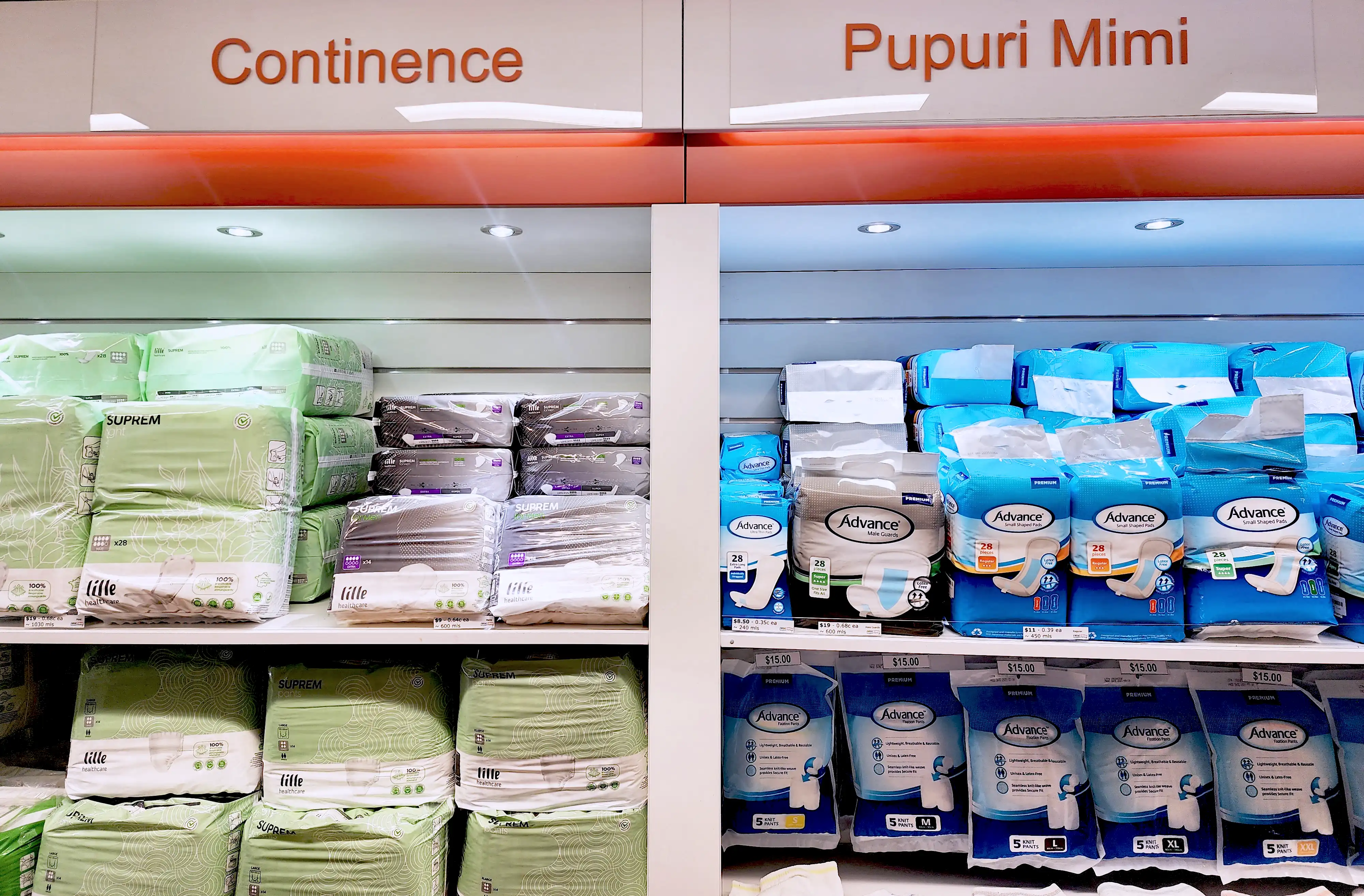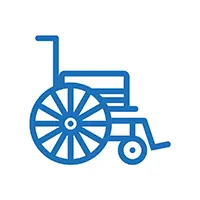Published 12 September 2023


Let's talk about some of the misunderstandings and embarrassing feelings that can come with using incontinence products. It's quite common for certain disabilities to walk hand in hand with disability, but people often wrongly associate them with aging or loss of dignity. The truth is, incontinence affects many different folks, young and old.
Join us as we bust some myths!
Age isn't the only factor: Some people think incontinence is just for older adults, but that's not true at all. Younger people can face it too, whether it's due to medical conditions or having a baby. There are lots of factors that cause it at all stages of life, and it can go away or come back again.
Keeping your dignity intact: Some worry that using incontinence products makes them seem less capable or independent. But remember, it's about managing a health concern, and it doesn't define your worth or abilities.
Navigating embarrassment: Buying, wearing, or disposing of incontinence products can sometimes feel awkward or embarrassing. It's okay to have these feelings, but remember, it's a common concern, and you're not alone. Others may not even notice, and your well-being matters most. There are plenty of online stores available, and specialty stores who stock incontinence products will have in-house experts there to help in a judgement-free environment (understanding incontinence is part of their everyday life).
Breaking free from isolation: Sometimes people withdraw from social situations because they're afraid others might find out or talk about it. This can lead to loneliness and feeling down. According to Te Puna Waiora, over 600,000 New Zealanders don't have full bladder control. 33% of women who've had a child and 10% of all men in Aotearoa will have some degree of incontinence. You are definitely not alone.
Read more at Healthify Te Puna Waiora (external link)
Strength in seeking help: You could be worried that using incontinence products makes a person seem dependent or weak. But in reality, it takes strength to seek help and find solutions for a medical issue. It's a sign of self-care and resilience, not weakness. Continence New Zealand offer free incontinence support and training.
Visit Continence New Zealand (external link)
Intimacy and incontinence: It's common to have concerns about how incontinence might affect your romantic life and intimacy. Remember, open communication with your partner can help you both navigate this together. It doesn't have to stand in the way of a fulfilling enjoyable love life.
Keeping things clean: Some worry using incontinence products might not be very hygienic. But rest assured, these products are designed with your comfort and cleanliness in mind. There's no need for self-stigmatisation – you're taking steps to maintain good hygiene!
Managing costs: It's true that incontinence products can be pricey, and the ongoing expenses might feel overwhelming. But remember, they're an important part of managing your health and well-being. There are often cost-effective options and resources to explore, so don't hesitate to seek help if you're feeling financially burdened. You could seek support through the Work and Income Disability Allowance.
Visit Work and Income New Zealand Disability Allowance (external link)
Environmentally friendly: If you're concerned about the environmental impact of disposable incontinence products, there are eco-conscious options out there too. Most incontinence specialty-shops will stock reusable products in a huge range of sizes and volume requirements, for every age and stage.
By having open conversations, getting educated, and supporting one another, we can help break down these stigmas and make living a good life easier for over 600,000 New Zealanders.













